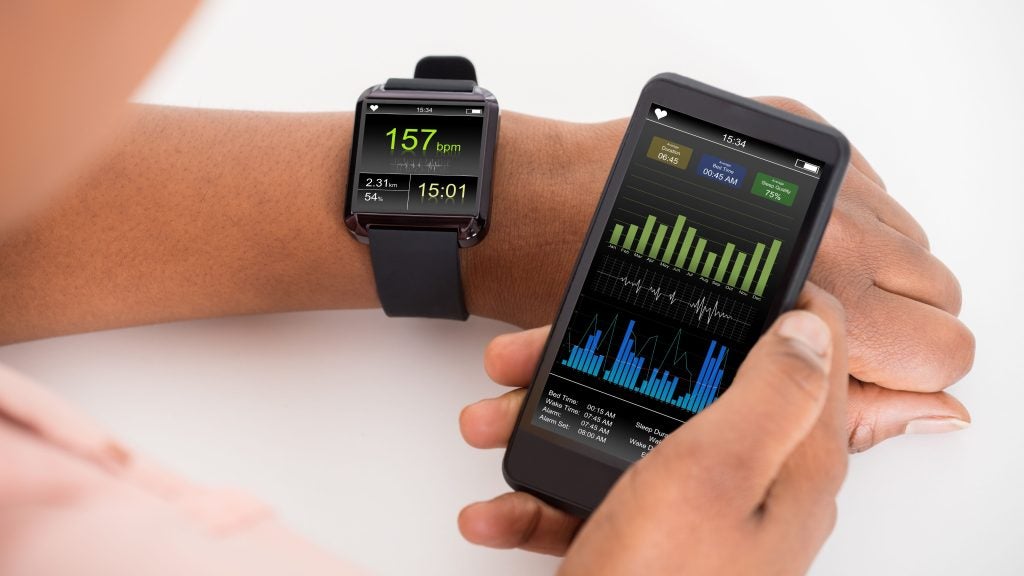All done, you’ve negotiated the budget, got your big discount and now have the fully executed contract. The study team will begin working with the new CRO as soon as they set a date for the kick off meeting. Your work is over.
If you work solely in an outsourcing or contracts capacity, maybe you are correct but for many smaller biotechnology companies the odds are that you are actually an integral member of the study team that will be interacting with the CRO for the duration of the contract. At the very least you are in an oversight capacity. In these cases, is your work over? If you think it is then you are in the either in the wrong job or you are going to have one hell of a headache. However, depending on how you have handled the whole process leading up to the signing of the contract, the job may be harder or easier than you think.
Let’s go back to the beginning and the RFP (Request for Proposal) process. Did you just send it to CRO’s picked at random or did you get to know which CRO’s fit with your expectations and the way your company wants to work? Draw the analogy with buying a car. Imagine you are 6ft tall and you have a steep driveway. Would you just pick any 3 car dealers and ask them to show you cars and then test drive them and choose the best?
Typical RFP: "I need a car".
Potential results: Poor selection to choose from.
If you did and the dealers presented you with compact cars with 2 wheel drive, that is all you would have to choose from. From these maybe you find one in which you can sit in and that can handle your driveway but you could find that it is not very well equipped and doesn’t drive very well. Your decision is then either just pick one and deal with it or waste time and start the process all over again. Extending this analogy further, what if after you chose one, you take it home and realize it does not have Bluetooth capability but that is critical so you can take conference calls in the car plus you find that it is too big for your garage. You had forgotten to tell the dealer that Bluetooth technology was important and the maximum size of the car. So if you choose dealers that have the type of car you want and give them additional information, you are likely to make a better decision.
A good RFP:
"I need a car that:-
Can fit a 6ft person
Can handle steep slopes
Has Bluetooth
Is no longer than 13ft"
How well do you really know your competitors?
Access the most comprehensive Company Profiles on the market, powered by GlobalData. Save hours of research. Gain competitive edge.

Thank you!
Your download email will arrive shortly
Not ready to buy yet? Download a free sample
We are confident about the unique quality of our Company Profiles. However, we want you to make the most beneficial decision for your business, so we offer a free sample that you can download by submitting the below form
By GlobalDataPotential results: Good range of suitable cars to pick from
The above scenario is not as comical or unrealistic as that may sound. Companies often send out RFP’s that contain too little information on what is important to the company and how they see their interaction with the CRO during the course of the study. Usually there are 3 main reasons for not thinking of this proactively.
- There is often little time as teams hurtle towards a "First Patient In" metric.
- Prior to an RFP, there has not been any time spent talking to different CROs in order to compile a short list of potential CROs.
- Often, the people that will actually be performing the day to day tasks are not consulted or involved in the process.
All of these can result in poor specifications being forwarded to potentially the wrong type of CRO.
Developing a really detailed list of "wants" and "must have’s" is critical before engaging in discussion with potential CRO’s however not everything is appropriate for an RFP. Too detailed a proposal will entail a large amount of work by the CRO, usually in a short amount of time. This can cause quality issues and missed assumptions. Instead
- Focus the RFP on the basic details
- Call out and identify those tasks or aspects of execution that are important to you.
- Ask the CRO to confirm your assumptions (eg population, enrollment etc).
- Encourage two way discussions while the CRO compiles a proposal and prepares for the bid defense.
At the bid defense ask them to talk about your protocol and how they are going to implement it. If you have been in discussions with the CROs prior to the RFP then you should already have a good relationship with the Business Development person and they should be your advocate and conduit with their company. This will enable you to approach the bid defense in an aligned way with a mindset on both sides that it is not a sales pitch but a collaborative discussion on how to achieve the goals of the study. It will also allow you and your team to focus on determining whether the CRO can execute the study. If the CRO does not really understand your protocol/study it will become obvious.
Strongly encourage:
- That the actual CRO team members attend
- Their counterparts or relevant functional area representatives from your company be present.
- Asking of questions.
Use this opportunity not only for the team to understand the way the CRO team operate but also to help you figure out if they have the expertise. Do they have insight on potential problems and how they plan to mitigation them? Ask questions you already know the answer to. For example if you already have an inclination that standard of care in a particular country precludes the use of a certain drug and the CRO proposes that country ask, "I am assuming that we will have no problems with [drug] in this country?". Their answer and the discussion around it can be very enlightening and may make or break your opinion of them.
After the defense:
See Also:
- Consider how well and quickly they follow up on action items or missing information.
- Gain everyone’s feedback. Different functional areas may have picked up on critical nuances.
- Make an informed decision based on all information collected prior to RFP and post bid defense.
You want to select a CRO that will not only be able to execute your study but one with whom you will be able to work with together, as a partner to help overcome issues and solve problems.
Finally one of the things that small pharma often overlook is a governance structure to oversee the execution of the study. It is often believed that it is not necessary just for one study or that study team meetings will suffice or that a governance structure is too involved for a small company. Governance really means "communication" and you can make it as involved as you want or as simple as a quick 15 minute phone call every month. It is advisable to set something up to:-
- Review important metrics & milestones.
- Map out potential issues that may impact them
- Discuss team performance.
It all depends on the scale of your needs and resource commitments. However any form of communication between the two sides outside of the study team environment is absolutely critical. It allows a free and frank discussion of how each side perceives the progress of the study. It will help create understating of the forces and constraints and touch points internally for each party that will never be highlighted in a large study team environment or if you never set up a communication vehicle. This will help strengthen the relationship, message to the teams that they have support and be a powerful tool when resolving issues or making adjustments so that issues do not occur. Discuss this at the RFP/Bid defense and ask how they typically manage it for a company and study of that particular size. Again their thought processes and previous models around governance can help you differentiate between CROs.
In conclusion, there are obviously pro and cons adopting this kind of approach to CRO selection and even if you go through the process, it does not guarantee success. The main con is that it takes time and resource to both engage CROs early and for the frequent internal meetings to develop the appropriate specifications and discuss progress. Smaller companies are often constrained in time, resource and money; however it is exactly for these reasons that utilizing this approach is so advantageous in the long run.
- Take the time to detail what you need.
- Talk to CROs to triage those that will "fit" your needs.
- Give appropriate details to the CRO to enable them to build a good RFP.
- Discuss openly with the CRO through the selection process.
- Gain feedback from those who will be actively working with the CRO.
- Set up an appropriate governance/communication model for the duration of the engagement.
So, you have utilized this sort of methodology, you have set everything up and the contract is signed with detailed governance meeting charters and Key Performance Indicator metrics. Now can you put your feet up? Absolutely, you deserve it but only for the remainder of the day. Tomorrow you start work to ensure it continues to work well.






